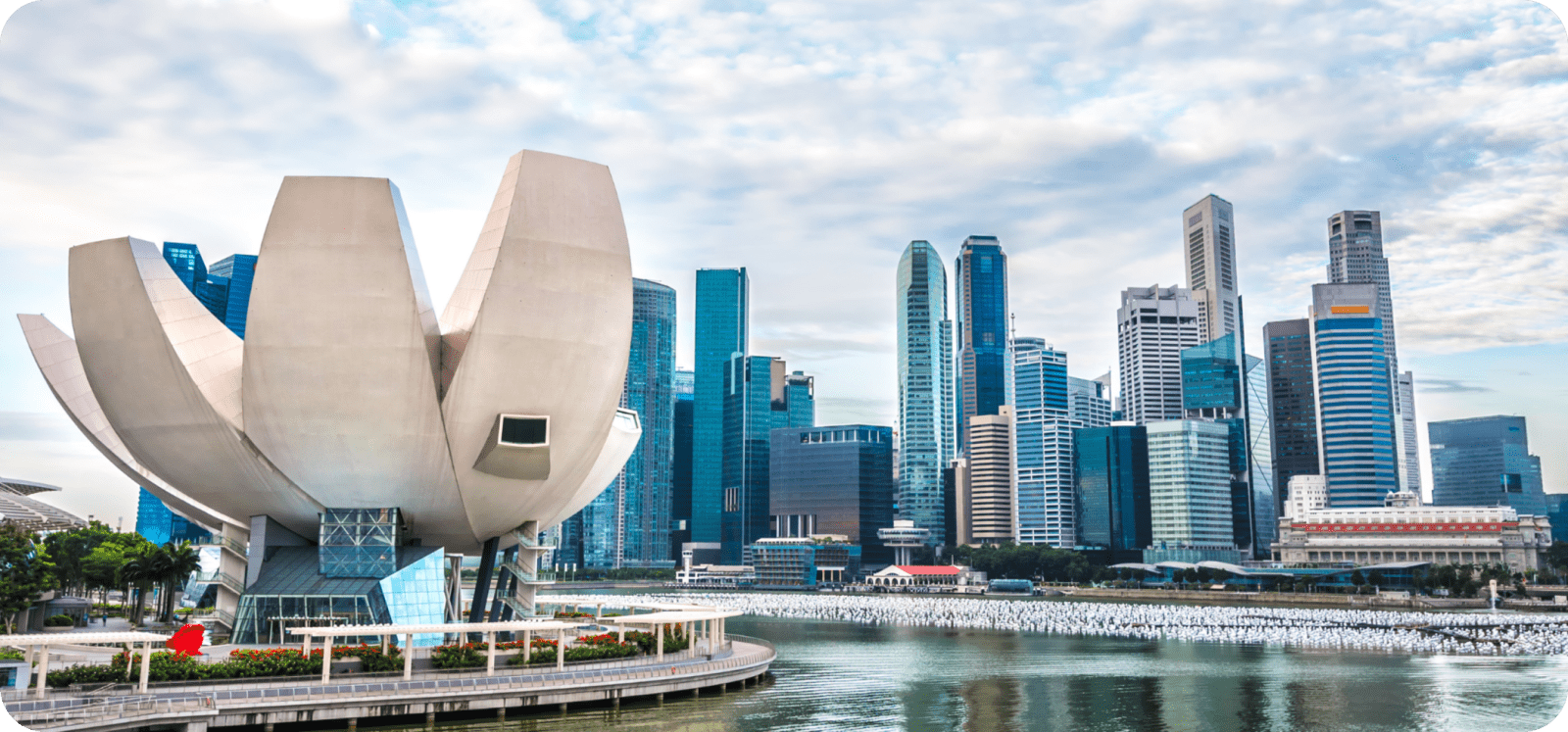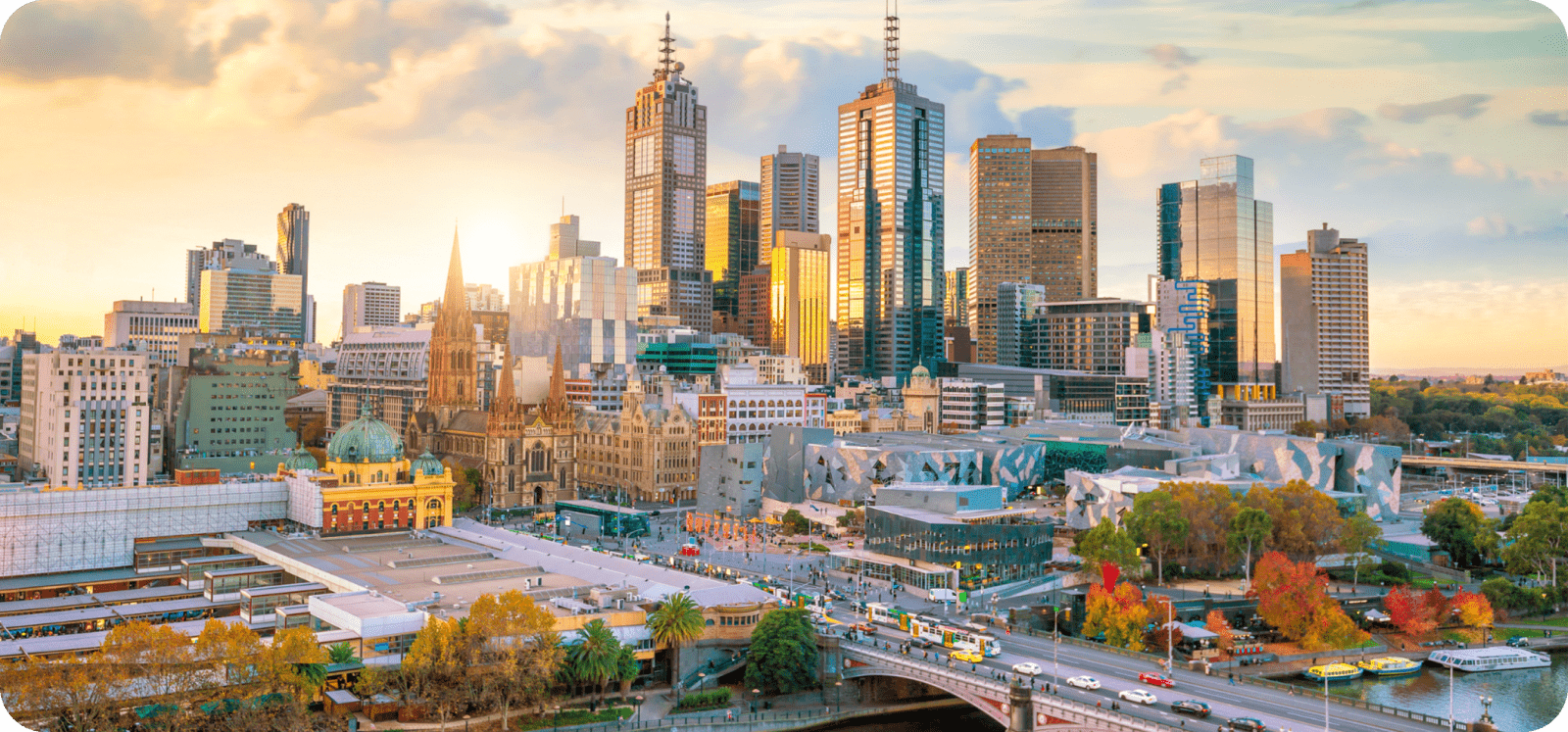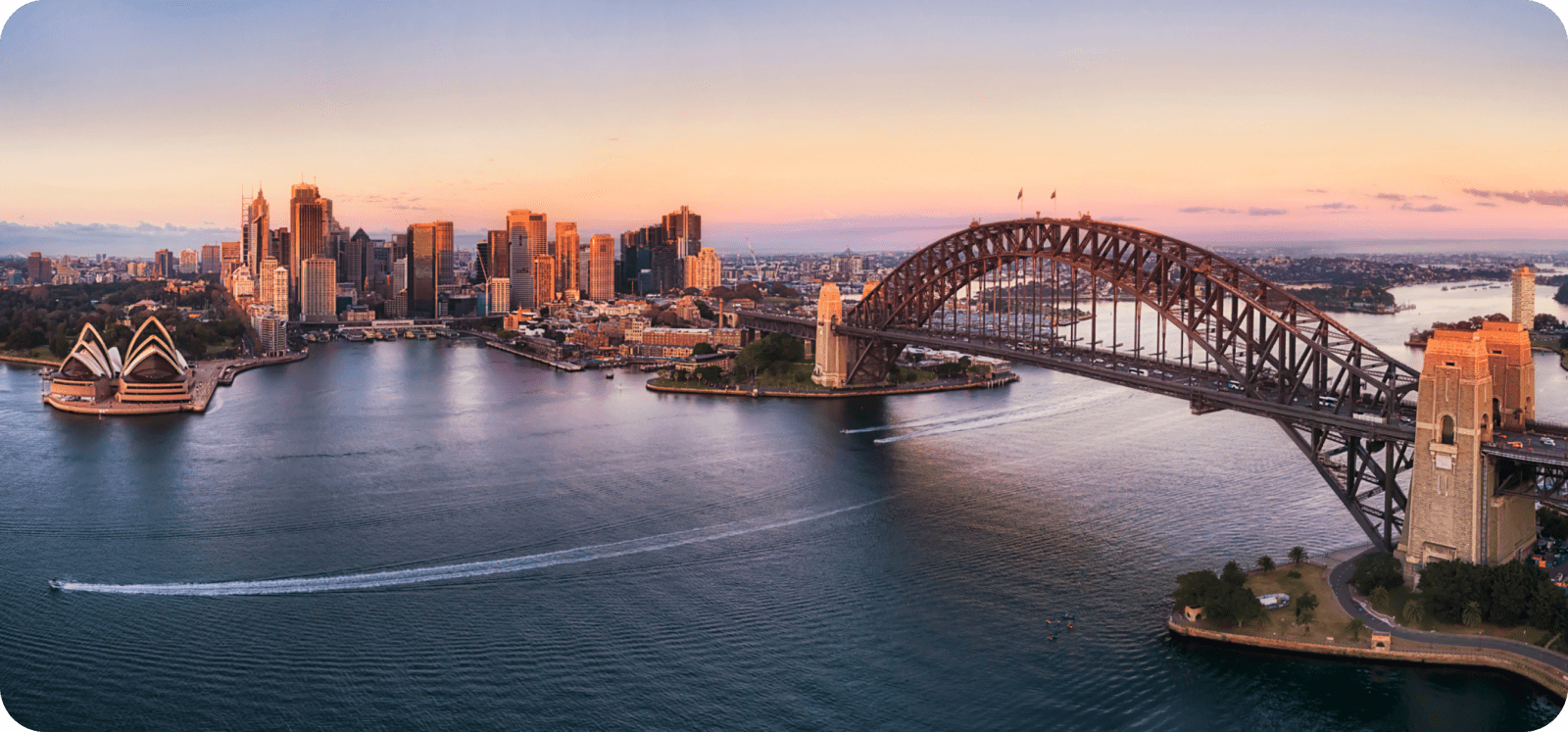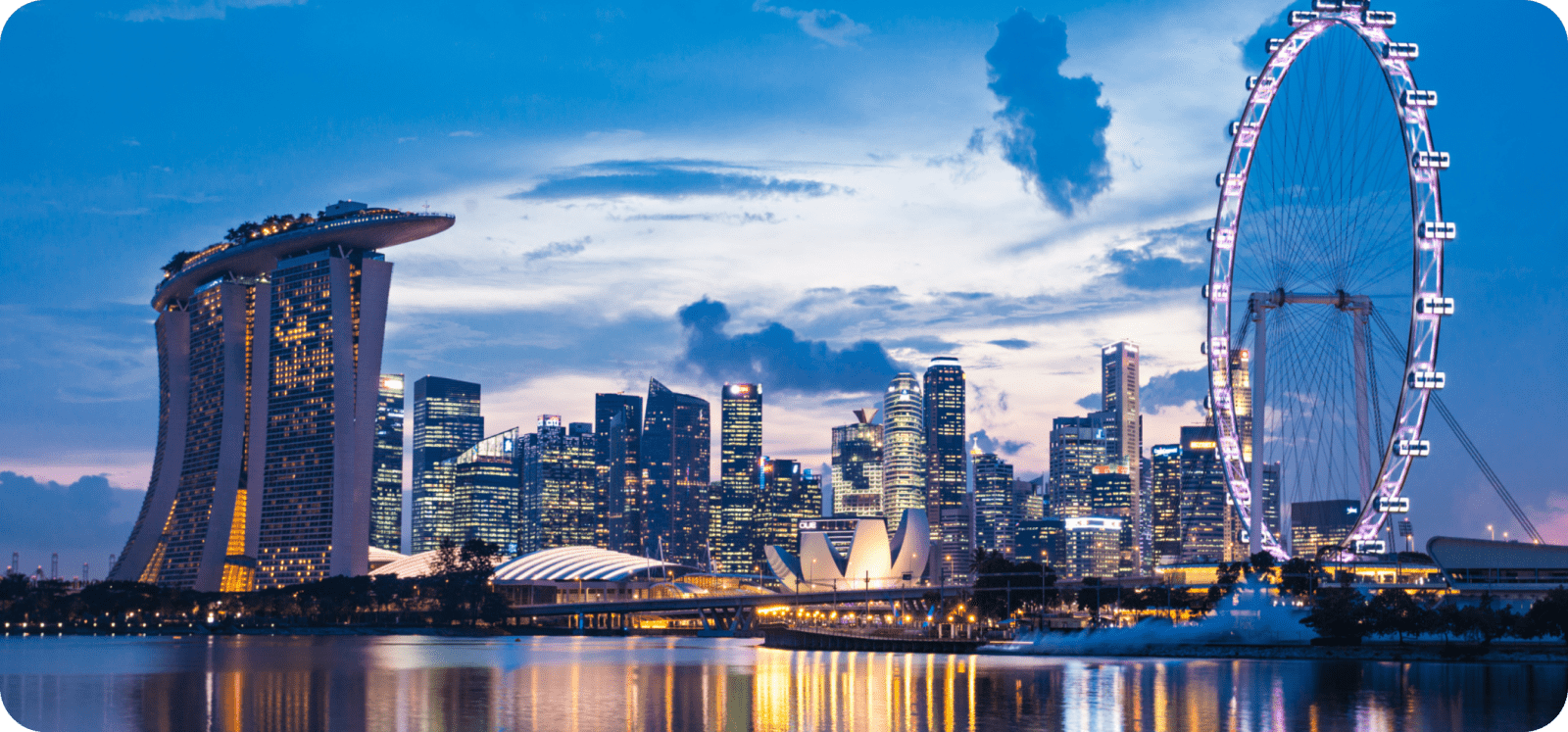
Singapore has made significant strides towards sustainability, with ambitious targets and initiatives in place to further improve the city’s sustainability credentials. As a client planning an incentive trip, you can be assured that your visit to Singapore can be curated to have minimal impact on the environment, while still enjoying all the city has to offer.
Fast facts
- The Singapore Green Plan 2030, or the Green Plan, is a whole-of-nation movement to advance Singapore’s national agenda on sustainable development. The green plan sets out concrete targets over the next 10 years, strengthening Singapore’s commitments under the UN’s 2030 Sustainable Development Agenda and Paris Agreement, and positioning Singapore to achieve long-term net zero emissions by 2050.
- Sustainable Tourism: Singapore is committed to promoting sustainable tourism, with a focus on preserving the city’s natural and cultural heritage. In 2017, the Singapore Tourism Board launched the Green Step Programme, which encourages hotels and tourism businesses to adopt environmentally sustainable practices. As of 2021, over 200 businesses have joined the programme.
- Sustainable Meetings and Events: Singapore has a range of green venues for meetings, incentives, conferences and events. One of the most acclaimed sustainable venues is the Sands Expo and Convention Centre. Held up as one of Asia’s leading sustainable venues, every event at the Sands is sustainable from the get-go with carbon neutral status and triple platinum certification. Sustainable culinary options, circular decor and food waste donations are standard sustainable meeting practice here.
- Green Buildings: Singapore has one of the highest concentrations of green buildings in the world. As of 2020, over 80% of the city’s buildings are certified as environmentally sustainable, with more than 3,000 buildings certified under the Building and Construction Authority’s (BCA) Green Mark scheme. The city is also home to iconic green buildings such as Gardens by the Bay and the Marina Bay Sands.
- Waste Management: Singapore has a robust waste management system, with a recycling rate of around 60%. The city also uses waste-to-energy incineration and landfill for waste disposal. However, Singapore is actively working towards reducing waste and increasing recycling rates. The government has set a target to increase the recycling rate to 70% by 2030 and to become a zero-waste nation by 2050.
 |
 |





